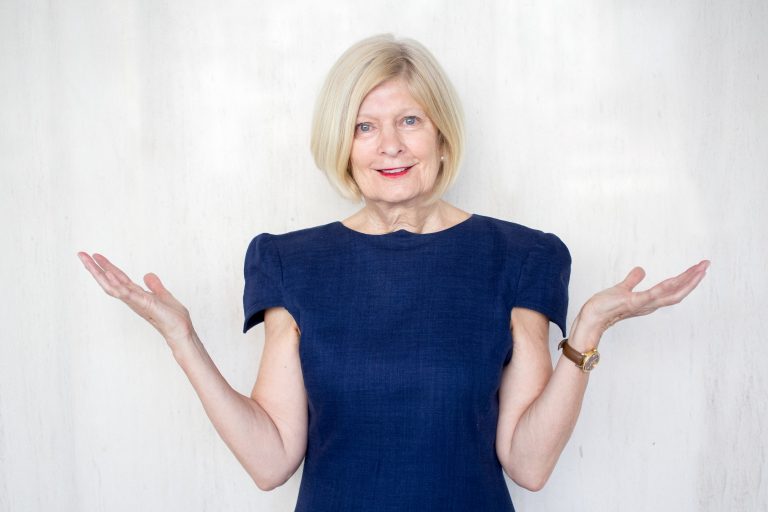The Last Taboo.. Money is a touchy subject. We tend to consider it impolite dinner table conversation, for good reason.
According to my 1990 Macroeconomics textbook* money provides a “medium of exchange, store of value and unit of account”.
Unfortunately, money also serves another purpose – comparison.
Like it or not, money is a measure of success and means to compare our relative success to others. Our natural inclination to compare ourselves to others leads to a range of complex emotions when we discuss money with our peers. Shame, regret, embarrassment over our past financial mistakes. Envy and resentment of the financial success of others.
As the saying goes:
“Comparison is the theft of joy”
Imagine a conversation at a high school reunion. “What do you do these days? Are you married? Do you have kids”? All reasonably safe questions.
Other topics should be avoided like Vegemite. “How much do you earn? Have you paid off your mortgage? How much is your superannuation worth?”
The Skeleton in the Closet
If money is the last taboo, then inheritance must be an unspeakable secret – the skeleton in the closet.
One simply does not ask a new acquaintance whether they made their money through hard work or inheritance? We also don’t tend to talk about inheritance with our adult children, nor our parents for that matter.
Why don’t we discuss inheritance with our family?
Try this classic cocktail. Mix equal parts of shame, regret, embarrassment, envy and resentment with a generous splash of human frailty and mortality and a sprinkling of greed. Shake aggressively and serve (in disproportionate amounts, of course) at the Christmas dinner table.
The Elephant in the Room
Australians are set to inherit an estimated $3.5 trillion over the next 20 years – part of the biggest wealth transfer in human history.
We treat inheritance as the skeleton in the closet but in many families, it is the elephant in the room.
I discuss money with people for a profession. My clients are at both ends of the inheritance conversation and many confess to being pretty coy when it comes to discussing inheritance with their family. As a financial planner, I’m genuinely interested in what role a possible future inheritance might play in someone’s financial future. I’m equally interested in someone’s thoughts on leaving a legacy.
I can assure you that two generations can plan together for a better outcome for all. For example, I wrote recently how proposed superannuation laws would open the door for super to be considered an option for those receiving an inheritance up to age 75 (rather than 67). We’ve also been strong advocates for people planning to minimise their superannuation taxes upon death, along with a range of other estate planning strategies.
Starting the inheritance conversation is the key. So, let’s open this conversation in a considered, mature, and respectful way.
The future belongs to those who plan for it.
*Macroeconomics by Dornbusch and Fischer, 1990, currently adorning my office bookshelf (for reasons unknown).

